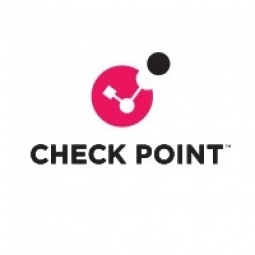CheckPoint Software
Case Studies
Securing Patient Privacy in Healthcare: A Case Study of M.D. Anderson Cancer Center
Overview
 |
Securing Patient Privacy in Healthcare: A Case Study of M.D. Anderson Cancer CenterCheckPoint Software |
Cybersecurity & Privacy - Application Security Cybersecurity & Privacy - Network Security | |
Education National Security & Defense | |
Product Research & Development | |
Personnel Tracking & Monitoring Tamper Detection | |
System Integration Training | |
Operational Impact
| The solution provided by Check Point and Nokia has greatly simplified the task of managing firewalls distributed throughout the organization. Powerful tools such as the Check Point SmartMap™ and the Nokia Voyager centralize and greatly simplify the routine tasks of configuring and updating firewalls. The intuitive graphical user interfaces minimize training and help M.D. Anderson’s staff achieve peak productivity. Authorized administrators can now define and apply security policies accurately and securely with point-and-click ease. With FireWall-1 tightly integrated into the Nokia IP Security Platform, network security personnel no longer need to struggle with cumbersome and error-prone OS and application configuration tools. This has resulted in a more manageable approach to patient privacy, helping to lower overall costs. | |
Quantitative Benefit
| The solution provided a three-fold improvement in firewall packet-per-second throughput. | |
| The solution offers firewall throughput above 1 gigabit-per-second, providing plenty of room for future growth. | |
| The solution provided sub-second failover in redundant configurations, ensuring high availability. | |


